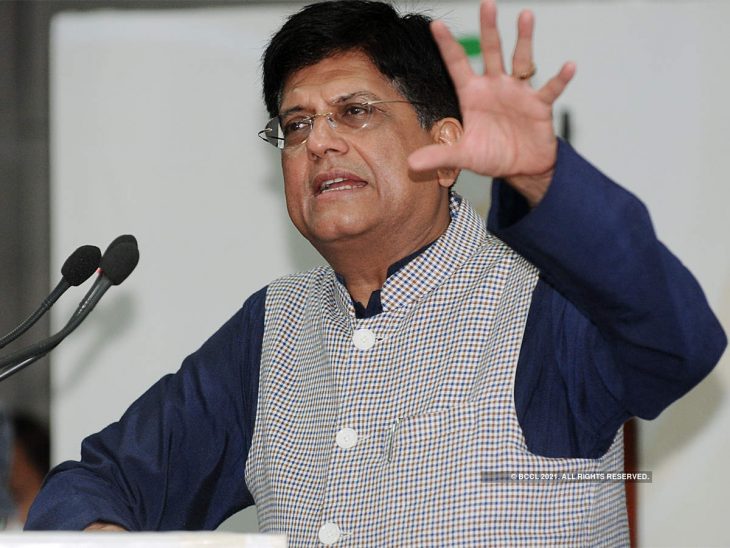The Centre has appealed to the steel manufacturers to explore the possibility of offering relief to the Micro, Small and Medium Enterprises (MSME) sector by reassessing the high prices of benchmark hot-rolled coil.
On Thursday, Minister for Commerce and Industry Piyush Goyal met steel industry stakeholders and emphasised the need for easier and cost effective supply of steel to small industries, which use steel as input for manufacturing of components and other engineering products.
Almost all leading steel makers in India have raised prices of the benchmark hot-rolled coil by up to Rs 3,500 a tonne. The steel industry claims that their fuel costs have gone up by more than 70 per cent compared to last year and a fall in iron ore prices is not enough to offset the hike.
The industry justified the hike in steel prices by stating that global coking coal prices have gone past all-time high, especially the prices of Australian premium coking coal had jumped to around $430/tonne on freight-on-board levels in November compared to $110-120/tonne in April 2021.
The recent shortfall in coal due to a sudden spurt in demand didn’t help as the state-owned Coal India Limited had to prioritise coal supply for the power sector.
However, after Piyush Goyal urged the industry players to consider assistance for the MSME sector, the steel industry stakeholders expressed an intent to find affordable solutions to address their challenges, especially in the wake of the pandemic.
Battling high input costs, the All India Council of Association (AICA) of MSMEs an umbrella body for 170 MSME sector associations, had urged the government to allow import of all steel materials based on cost and quality requirements. It had also asked the government to ban export of iron ore and steel products way back in June this year as India started crawling out of the clutches of the second pandemic wave.
In a statement, AICA said, “Government should allow import of all steel materials based on cost and quality requirements at a nil import duty (no anti-dumping) and also ban export of iron ore and steel products. It may be noted that better GDP growth can be realised if value-added products are exported rather than raw materials. This will generate employment too.”
“The steep hike in price of raw materials across all sectors, despite low consumption, and subsequent drop in the production by MSMEs is directly leading to loss of employment,” it added.







Leave a Reply